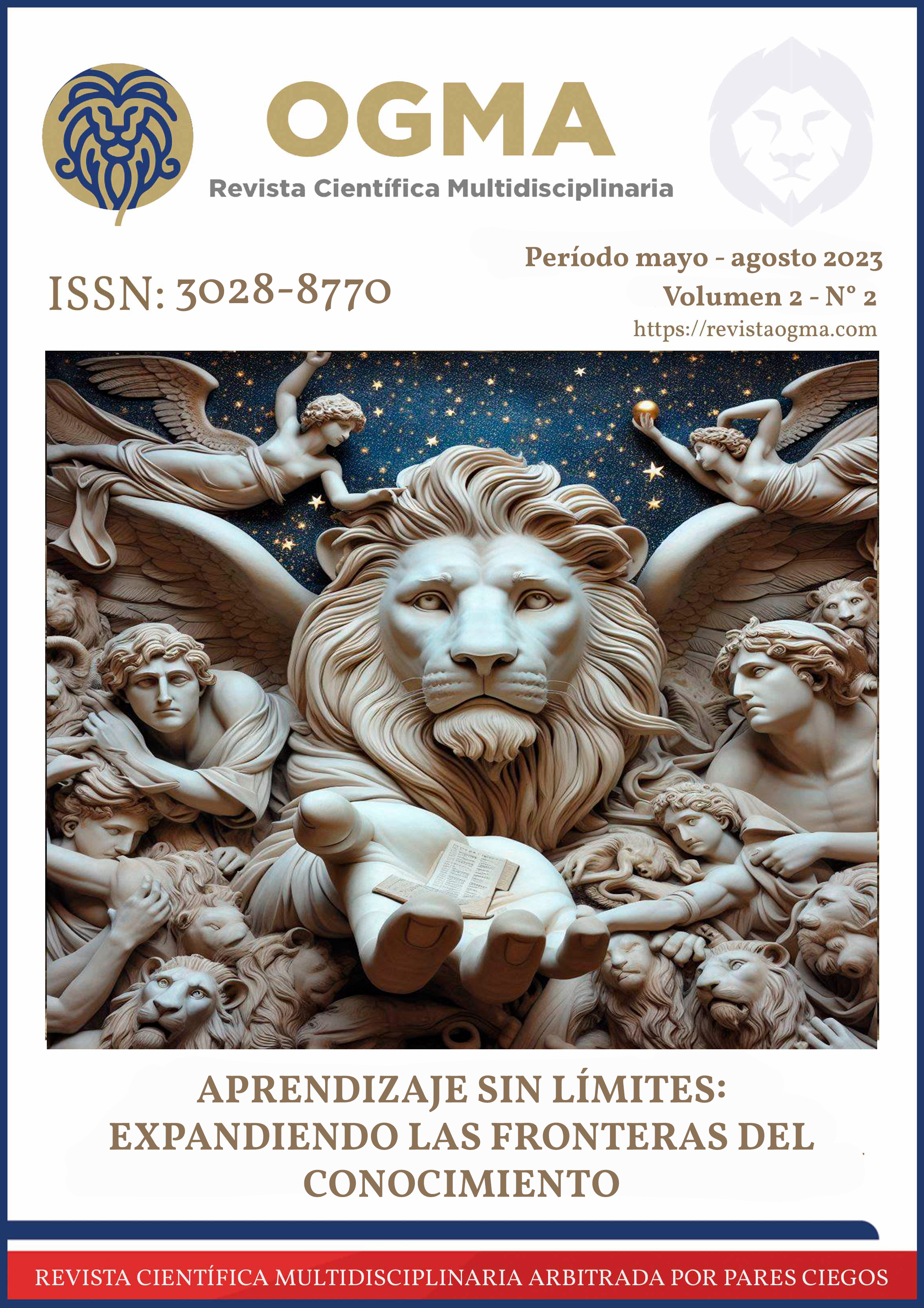The development of oral expression in English: adequacy of the linguistic reproduction strategy
Keywords:
Oral expression, Teaching, Foreign language, Pronunciation developmentAbstract
This article focused on the use of repetition activities that promote the development of speaking skills in English. The repetitions in a mechanical and meaningful way are taken to analyze the relationship and the progress of the development of communication skills in a foreign language. This work took origin from studies already carried out which are referents for the application and use of repetition of words and phrases (patterns) as used in traditional teaching. We opted for a quantitative research approach, with regard to the population, 25 students of the second year of General Unified High School in a rural area of El Carmen canton, aged between 15 and 17 years, with a rating scale was developed with the indicators to be evaluated, which was validated by experts prior to the application of a pretest, a proposed intervention using the methodological strategy and a post-test that measured the degree of improvement. For the interpretation of the results, statistical analysis was used as a technique, concluding that the use of linguistic reproduction and the inclusion of interaction activities between teacher and students promote a better pronunciation and retention of the vocabulary of the proposed topics.
References
Arias, F. (2012). El Proyecto de Investigación. Introducción a la metodología científica. (6ª Edición). Editorial Episteme.
Ellis, R. (2003). Aprendizaje y enseñanza de idiomas basado en tareas. Oxford: Prensa de la Universidad de Oxford.
Escobar-Pérez y Cuervo-Martínez (2008) Validez de contenido y juicio de expertos: una aproximación a su utilización. Avances en Medición, 6(27), 1–36.
Espinoza, E. (2016). Las variables y su operacionalización en la investigación educativa. Revista Conrado,14(65),36-46. http://conrado.ucf.edu.cu/index.php/Conrado
Flowerdew, J. y Peacock, M. (2001). Issues in EAP: A preliminary perspective, en Flowerdew, J. & M. Peacock (eds.) Research Perspectives on English for Academic Purposes. Cambridge: Cambridge University Press, 8-24.
Forero, L. y Hernández, K. (2012). El aprendizaje basado en tareas como enfoque metodológico para mejorar la inteligibilidad en la pronunciación de sonidos vocálicos del inglés como lengua extranjera. Unilibre.
González, A. Vázquez, A & González, A. (2010). El desarrollo de la expresión oral en inglés con fines específicos (ife) en los profesionales de gastronomía en Cienfuegos: sistema de tareas. Universidad Cienfuegos.
Granda, I. (2015). Optimización de la estrategia del role-play y su integración en el aula de inglés de turismo para la mejora de la producción oral [Tesis de doctorado, Universidad Nacional de Educación a Distancia] http://espacio.uned.es/fez/eserv/tesisuned:FilologiaIgranda/GRANDA_ROSSI_Isabe l.Tesis.pdff
Heredia, V. (2017). El nivel de inglés en el Ecuador todavía es bajo. https://www.elcomercio.com/tendencias/ecuador-nivel-ingles-adultos-educacion.html
Hernández, R., Fernández, C., & Baptista, P. (2014). Metodología de la Investigación. PEARSON
Hyland, K. (2002). Actividad y evaluación: Prácticas informativas en escritura académica. Longman.
Luoma, S. (2004). Assessing Speaking (Cambridge Language Assessment). Cambridge University Press.
Mayoral-Valdivia, P. J. (2016). Estrategias didácticas para la enseñanza del idioma inglés a niños de preescolar: el caso de un colegio en Colima. México. https://core.ac.uk/download/pdf/47250218.pdf
Ortega Auquilla, D. P., & Fernández, R. A. (2017). La Educación Ecuatoriana en Inglés: Nivel de Dominio y Competencias Lingüísticas de los Estudiantes Rurales. Revista Scientific, 2(6), 52–73. https://doi.org/10.29394/scientific.issn.2542-2987.2017.2.6.3.52-73
Pérez, C. (2013). Expresión oral y escrita. México
Petisco, J. (2014). Comunicación en el aula. Dykinson
Downloads
Published
Issue
Section
License
Copyright (c) 2023 Multidisciplinary Scientific Journal Ogma

This work is licensed under a Creative Commons Attribution-NonCommercial-ShareAlike 4.0 International License.

